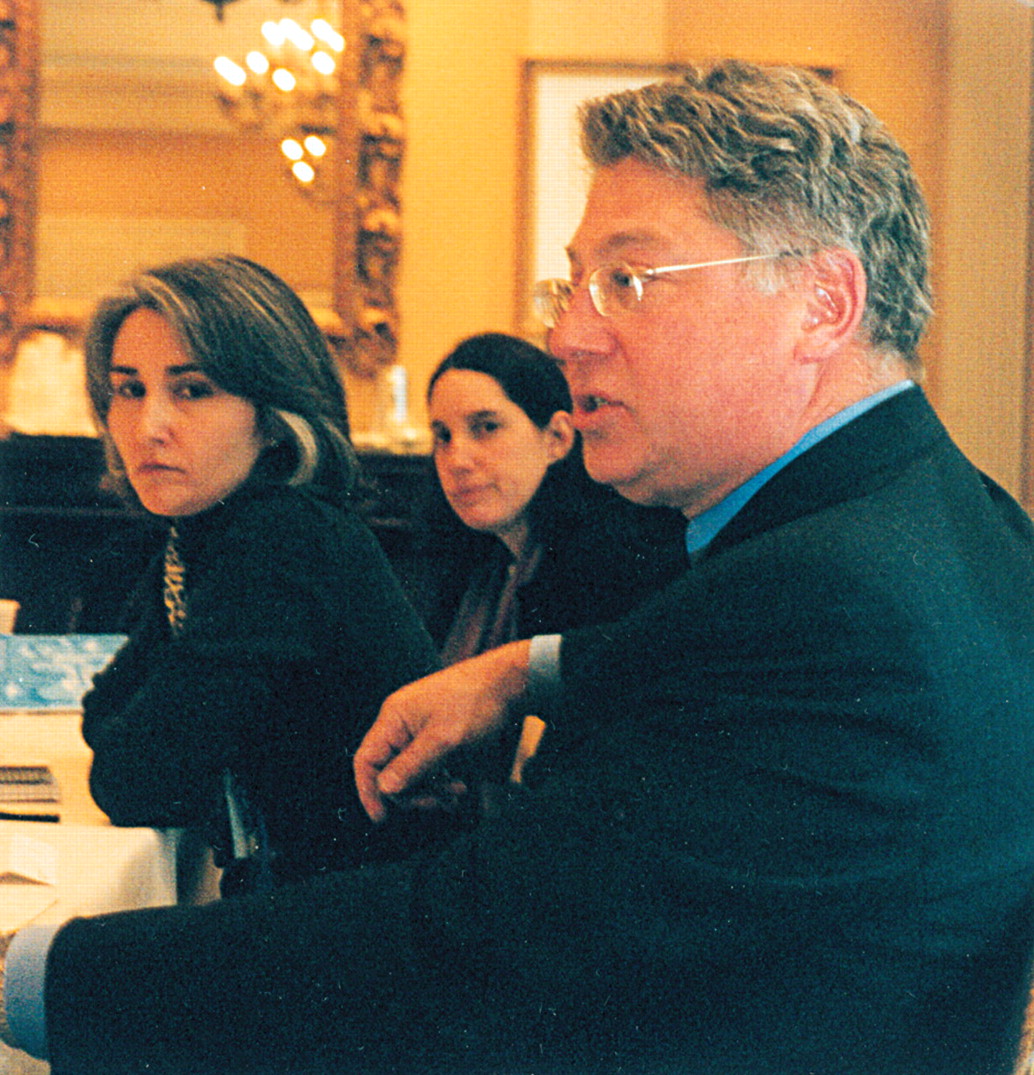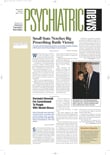Psychiatrists often lambaste the outside world for being prejudiced against the mentally ill. But do they buy into such stigma themselves?
It seems so, a study conducted by Steven Roose, M.D., a professor of clinical psychiatry at Columbia University, and colleagues, suggests. The study was reported at the January meeting of the American Psychoanalytic Association in New York City.
The researchers found that psychiatry residents don’t mind telling their superiors and colleagues when they are receiving psychotherapy, but that they tend to hide their taking of psychotropic medications from their superiors and colleagues. The reason? They believe that the use of psychotropic “meds” carries marked stigma in the psychiatric world, whereas the use of psychotherapy does not.
Why does this stigma exist? It may be, Roose conjectured, that psychiatrists look upon the use of psychotherapy as implying that there is only something wrong with a person’s mental “software,” that is, that the person has only minor mental defects, whereas they view the use of psychotropic medications as implying that there is something wrong with a person’s mental “hardware,” in other words, that the person is seriously mentally ill.
In any event, the study results show that “when we talk about stigma, it starts very early in our training and is very much a part of our field,” Roose declared. The study results “are very distressing to me.”
Roose and his coworkers sent a 51-item questionnaire to 288 psychiatry residents in New York City to get some idea of how many psychiatry residents are in psychotherapy and/or are taking psychotropic medications, but also to probe for residents’ feelings about sharing personal use of psychotherapy and/or psychotropic medications with their superiors or fellow residents. Responses were obtained from 137 residents, for a response rate of 48 percent.
Of the 137 respondents, 53 were in psychotherapy or psychoanalysis alone; 24 were in psychotherapy or psychoanalysis and taking psychotropic medications; and one was taking psychotropic medications alone. Of the 25 taking medication, 19 were taking antidepressants, six hypnotics, five anxiolytics, two stimulants, one a mood stabilizer, and one an antipsychotic; some were taking more than one medication.
When asked about divulging information about personal use of psychotherapy and/or psychotropic medications, the respondents indicated that, generally, they would be much more likely to tell their superiors and fellow residents that they were in psychotherapy than taking psychotropic medications. For instance, 82 percent said that they would tell their residency training director that they were in psychotherapy, but only 23 percent said that they would report that they were on psychotropic medications. Sixty-one percent said that they would tell their director that they were in psychotherapy, but only 4 percent said that they would tell that person they were on psychotropic medications. While 58 percent indicated that they would confide in a fellow resident that they were in psychotherapy, only 2 percent said that they would discuss their use of psychotropic medications with other residents.
The reason for these actions, respondents indicated, is that they believe that the use of psychotropic medications carries significant stigma in the psychiatric world, whereas the use of psychotherapy does not. For instance, 102 reported that they thought that psychotherapy carries minimal stigma within psychiatry training programs, whereas only 23 considered this to be the case with psychotropic medications. Forty-two said that they thought psychotherapy connotes minimal stigma within the field of psychiatry, but only 3 thought this to be the case regarding the use of psychotropic medications.
“The disheartening finding that residents associate stigma with the use of psychotropic medications may have profound implications for residents’ personal psychiatric treatment, as well as their treatment of patients,” Roose and his team concluded in their study paper. “It is probable that this perception of stigma extends well beyond residency training and is prevalent in our professional environment as well. Educators, administrators, and therapists must consider their role in the genesis and perpetuation of these attitudes.” ▪

